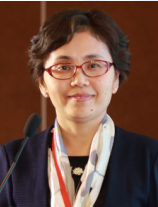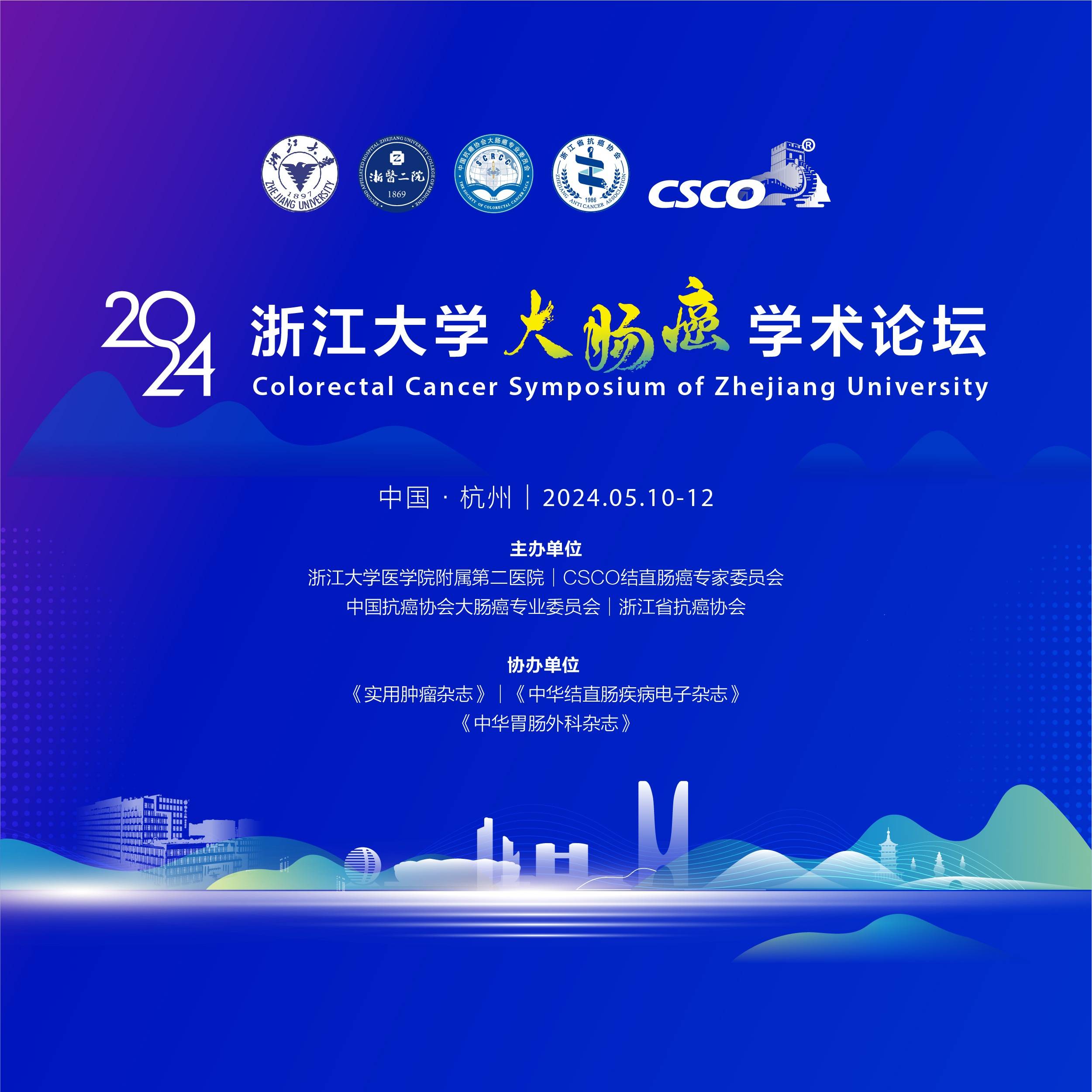点评:孙红

肿瘤学专业,北京大学肿瘤医院姑息治疗中心医师。目前主要从事肿瘤姑息治疗领域,多次参加国内学术会议。
针对化疗中的乳腺癌患者的体重指数影响癌因性疲乏的一项纵向评估
第一作者:Julia Ellen Inglis 纽约罗切斯特大学医学中心
背景
化疗后肥胖和体重增加会导致死亡率上升、炎症增加、生活质量下降,但人们对肥胖何以导致癌因性疲劳(CRF)却知之甚少。炎症也同癌因性疲劳相关联。我们对一项全国大型前瞻性研究做了二次分析,以评估肥胖对乳腺癌患者CRF水平的影响。
女性乳腺癌患者(N=565、年龄53±10.61)完成多维疲劳症状量表(MFSL)和症状量表(SL),以测评基线化疗前(T1)、化疗后(T2)和化疗后六个月(T3)的CRF症状作为认知损害纵向研究的一部分。在T1时采集身高和体重,依据BMI对受试者分类:过度肥胖(OB:≥30.0kg/m;n=294)、超重(OV:25.0-29.9kg/m;n=146)和正常体重(NW:18.5-24.9kg/m;n=125)。采用多元回归模式评估肥胖水平,包括年龄、种族、放射史、激素治疗、癌症阶段、运动水平和KPS评分在内,同CRF的相关性。
结果
在T1时,肥胖组在MFSI(OB=11.4 vs NW=8.1;P=0.03)和SI(OB=3.5 vs NW=2.9;P=0.02)上CRF症状明显高于正常体重受试者。肥胖组在T2时持续存在较高的SI疲劳评分,伴随倾向超重组(OV4.4 vs NW=3.8;P=0.08)。T3时肥胖受试者依然有较高的SI疲劳评分(OB=3.8 vs NW=3.2;P=0.03)。在研究过程中,肥胖受试者在综合、心理和情绪分量表(P<0.05)保持较高的MFSI亚评分。
结论
这项全国性的多中心研究是首次将肥胖与化疗前直到化疗后六个月的疲劳直接联系起来的研究之一。应考虑减肥及维持体重的建议,以防止肥胖乳腺癌患者化疗前后的CRF症状。基金:NCIUGCA189961.R25CA102618
专家点评

北京大学肿瘤医院中西医结合暨老年肿瘤科主任。从事肿瘤的中西医结合治疗工作26年。在常见肿瘤的术后巩固治疗、预防复发转移;晚期肿瘤放化疗时,应用中药增强治疗效果,减轻放化疗毒副反应、改善患者生活质量方面积累了丰富的临床经验。
现任北京抗癌协会中西医结合专业委员会主任委员、 北京中西医结合学会肿瘤专业委员会副主任委员、北京抗癌协会癌症及姑息治疗专业委员会副主任委员、世界中医药联合会肿瘤专业委员会常务理事、中国医疗保健国际交流促进会肿瘤姑息治疗与人文关怀分会常委、中国中医基础医学杂志编委、北京医学会鉴定专家等。
癌因性疲乏是癌症患者最常见的症状之一,特别是在接受放化疗的患者中发生率高达80%以上。目前研究认为诱发癌因性疲乏的原因非常复杂,它与肿瘤疾病本身、抗肿瘤治疗、肿瘤的合并症及并发症、多种心理反应均有相关性,而且往往多个因素同时存在,且各因素之间可能存在相互作用。
纽约罗切斯特大学医学中心对化疗中的乳腺癌患者的体重指数与癌因性疲乏的关系进行了一项纵向评估,采用多元回归模式评估了肥胖水平、年龄、种族、放射史、激素治疗、癌症阶段、运动水平和KPS评分等同癌因性疲乏的相关性,结果显示乳腺癌患者的体重指数与癌因性疲乏具有相关性,在化疗前、化疗后及化疗后6个月,过度肥胖组的疲乏评分均高于正常组。
这项研究是首次将乳腺癌患者的肥胖与疲乏症状直接相关联的研究之一,基于此项研究的结果,在我们对乳腺癌的癌因性疲乏患者进行干预前评估时,除了要识别患者是否存在有尚未控制的疼痛、失眠、抑郁、营养不良、严重贫血等可针对病因治疗的因素外,还应评估体重指数,对于过度肥胖的患者应给予减肥及控制体重的建议,以预防或缓解肥胖乳腺癌患者的癌因性疲乏的症状。
附摘要原文:
10061 Poster Session (Board #49), Mon, 1:15 PM-4:45 PM
A longitudinal assessment to evaluate the impact of higher body mass index on cancer-related fatigue in breast cancer patients receiving chemotherapy. First Author: Julia Ellen Inglis, University of Rochester Medical Center, Rochester, NY
Background: Obesity and weight gain post-chemotherapy leads to increases in all-cause mortality, inflammation, and decreased quality of life but little is known about how obesity contributes to cancer-related fatigue (CRF). In- flammation is also associated with cancer-related fatigue (CRF). We conducted a secondary analysis of a large prospective, nationwide study to assess the impact of obesity on CRF levels in breast cancer patients.
Methods: Female breast cancer patients (N = 565, aged 53610.61) completed the multidimensional fatigue symptom inventory (MFSI) and the symptom inventory (SI) to measure CRF symptoms at baseline pre-chemotherapy (T1), post-chemotherapy (T2), and six months post-chemotherapy (T3) as part of a longitudinal study for cognitive impairment. Height and weight were collected at T1 and subjects were categorized based on BMI: Obese (OB: $30.0 kg/m2; n = 294), overweight (OV: 25.0-29.9 kg/m2; n = 146) and normal weight (NW: 18.5-24.9 kg/m2; n = 125). Multivariate regression models were used to evaluate the re- lationship of obesity level to CRF over time controlling for age, race, radiation history, hormonal therapy, cancer stage, exercise level and KPS score.
Results: At T1, the obese had significantly higher CRF symptoms than normal weight subjects for both the MFSI (OB = 11.4 vs NW = 8.1; p = 0.03) and SI (OB = 3.5 vs NW = 2.9; p = 0.02). Significantly higher SI fatigue scores persisted at T2 for the obese (OB = 4.4 vs NW = 3.8; p = 0.02) with a trend towards significance for the overweight (OV = 4.4 vs NW = 3.8; p = 0.08) group. At T3, obese subjects still had significantly higher SI fatigue scores (OB = 3.8 vs NW = 3.2; p = 0.03). Over the course of the study, obese subjects maintained higher MFSI subscale scores for General, Mental, and Emotional subscales (p , 0.05).
Conclusions: This nationwide multicenter study is one of the first to directly tie obesity to fatigue from pre-chemotherapy through six months post-chemotherapy. Recommendations for weight loss or weight maintenance should be considered to prevent CRF in obese breast cancer patients before and after chemotherapy. Funding: NCI UGCA189961, R25 CA102618
















 苏公网安备 32059002004080号
苏公网安备 32059002004080号


